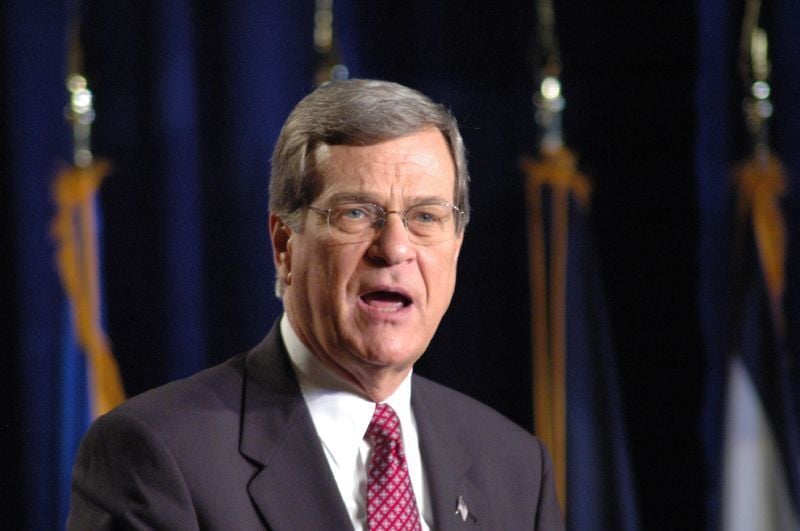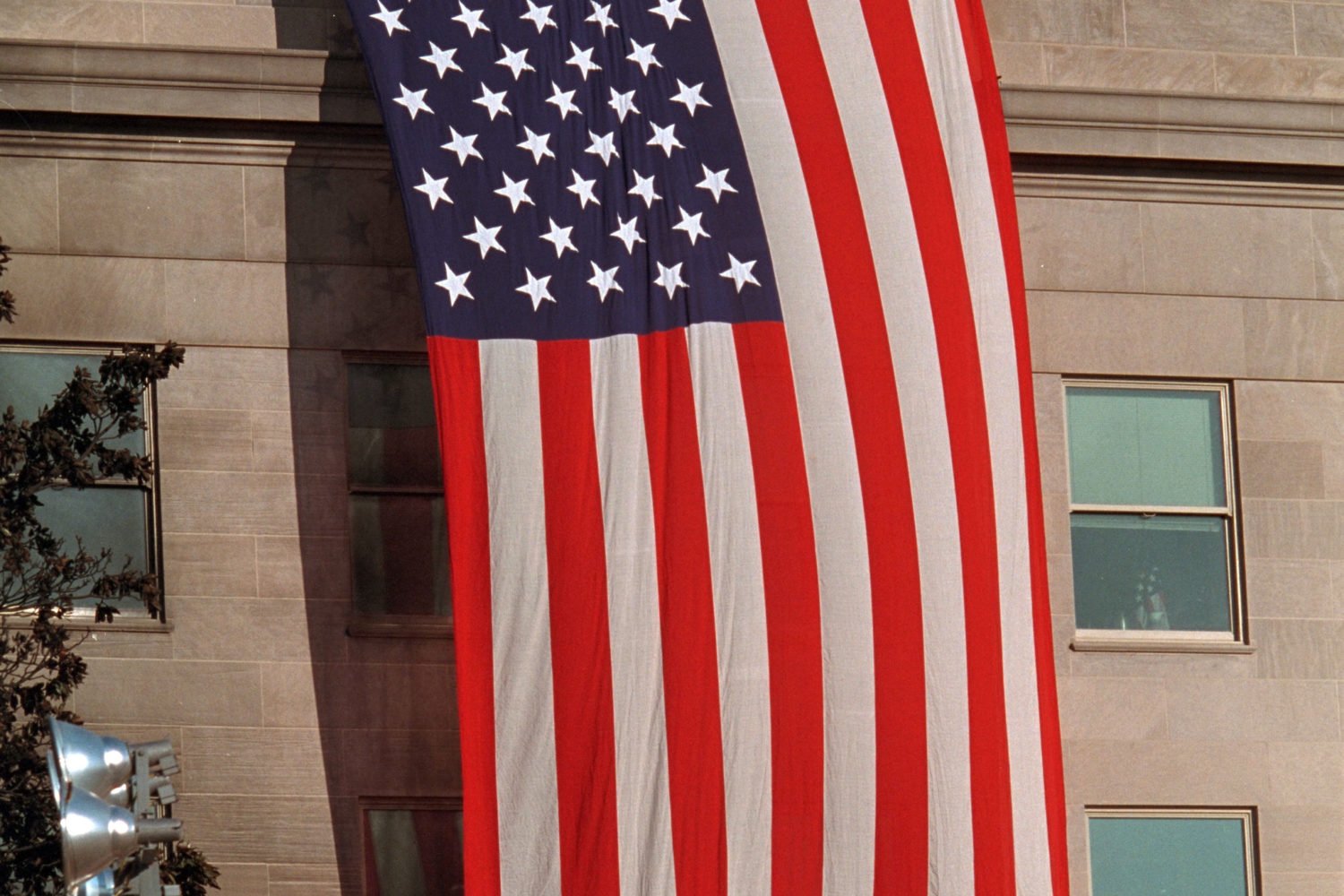If you thought lobbyist Trent Lott’s firing from one of Washington’s biggest firms marked some kind of turning point for K Street, not so fast.
When news broke earlier this week that the former senator from Mississippi—who infamously praised segregationist Strom Thurmond—had been sacked, some in the industry greeted it as a sign that old norms might be changing amid a national reckoning with systemic racism. After all, it’s long felt like a given that ex-lawmakers of any political leaning could count on a comfortable home on K Street. Yet here was one of the highest-profile members of the profession losing his job, as protests over the killing of George Floyd flooded the streets.
Lott’s former firm, Squire Patton Boggs, did not give a reason for the split in its official statement on the departure, saying only that it was “the right time to make a change.” However, a source inside the firm with knowledge of the decision tells Washingtonian that “long-simmering incompatibilities”—not the current national mood—were to blame. “The writing was on the wall for a while,” says the source, who requested anonymity to speak candidly. “The firm’s culture is centered around collaboration. He just didn’t fit into that mold.”
Lott told Politico that he and his longtime colleague John Breaux were preparing to decamp from Squire Patton Boggs anyway. “We were negotiating with another firm, they found out about it, and they tried to take preventative action,” he said. (Lott did not directly respond to Washingtonian‘s requests for comment, but had a representative call me to reiterate the same story. Breaux, who’s still at Squire Patton Boggs, did not return a request for comment.)
Lott resigned as Senate majority leader in 2003, amid outcry over his praise for Thurmond, who had run for president on a platform of opposing the “social intermingling of the races.” During a speech celebrating Thurmond’s 100th birthday, Lott had said, “I want to say this about my state: When Strom Thurmond ran for president, we voted for him. We’re proud of it. And if the rest of the country had followed our lead, we wouldn’t have had all these problems over all these years, either.” Lott had been with Squire Patton Boggs for the past decade. While there, comedian Sasha Baron Cohen in 2018 duped him into saying on camera that he supported arming kindergartners with guns. At a buttoned-up firm like Squire Patton Boggs, it’s hard to imagine such an incident wouldn’t have raised alarms both internally and with clients.
Putting aside Lott’s specific situation, some in the industry say they believe firms in general will be more discerning about hiring in the wake of the current Black Lives Matter movement. “From a law firm perspective, I think there will be heightened sensitivity in hiring decisions,” predicts Stephen Nelson, a leading recruiter for DC firms. “People who might’ve been acceptable recruits a year ago are not going to be acceptable now.”
One hopeful sign that K Street will draw a line: When Iowa congressman Steve King, notorious for frequent racist remarks, lost his primary earlier this month, firms were eager to say they would not recruit him.




















